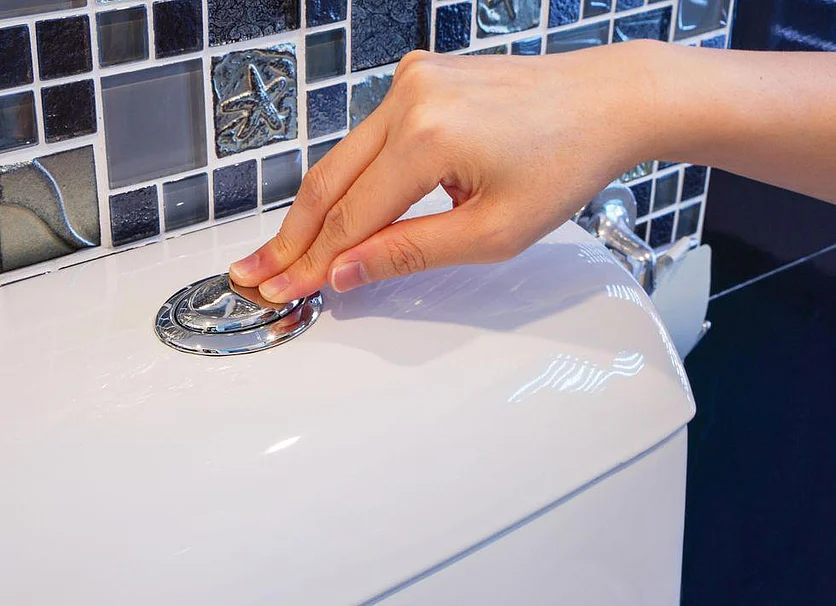Prevalence of Overactive Bladder 6 Percent in Young Adults

WEDNESDAY, Feb. 1, 2023 (HealthDay News) -- Overactive bladder (OAB) is prevalent in 6.0 percent of young adults and has a negative impact on mental health, according to a study published online Dec. 30 in the International Neurourology Journal.
Yu Liang, from the First Affiliated Hospital of Xinxiang Medical University in China, and colleagues examined the prevalence and risk factors of OAB in young adults and the association of OAB with mental health. A total of 14,010 anonymous questionnaires were distributed to freshmen at two universities in China between October 2019 and January 2020.
The researchers found that the overall prevalence of OAB was 6.0 percent, with 4.3 and 1.7 percent of participants characterized as having dry and wet OAB, respectively. The prevalence of mild and moderate OAB was 5.5 and 0.5 percent, respectively; no severe OAB was reported. The prevalence of OAB was higher among women, those with constipation, and those with primary nocturnal enuresis. The OAB group exhibited a higher mean Self-Rating Depression Scale score and mean Pittsburgh Sleep Quality Index score but had a lower mean Self-Esteem Scale score compared with healthy controls.
"The results of this study support the view that OAB has negative effects on psychology, such as reducing sleep quality and increasing the incidence of depression and self-abasement," the authors write.
Related Posts
Chances of walking after a stroke: How long does it take?
Post stroke mobility loss can lead to difficulty walking after a stroke and...
Xylazine Increasingly ID’d in Illicitly Manufactured Fentanyl Overdose Deaths
THURSDAY, July 6, 2023 (HealthDay News) -- From 2019 to 2022, there was a...
American Academy of Orthopaedic Surgeons, March 22-26
The annual meeting of the American Academy of Orthopaedic Surgeons was held...
New Clues to Sudden Unexplained Deaths in Young Kids
TUESDAY, Dec. 28, 2021 (HealthDay News) -- Every year in the United States, a...
